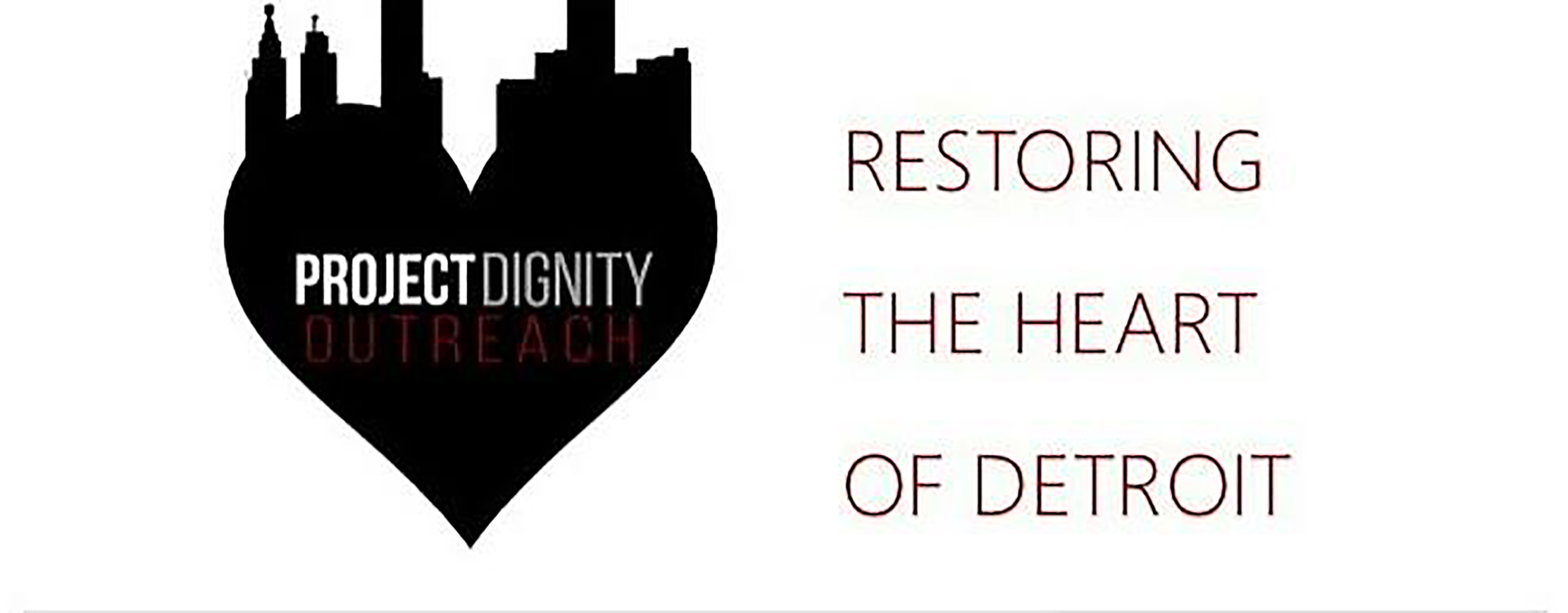Unity and Action Delivers Support for the Victims of Hurricane Maria
Gallery

Dearborn Heights non-profit, Project Dignity Outreach, loaded a semi-truck with donated necessities for the millions of people in Puerto Rico weeks after Hurricane Maria devastated the island. Hurricane Maria struck Puerto Rico on Sept. 16, 2017. ABC News has reported 51 deaths linked to the hurricane. Project Dignity Outreach raised awareness through social media and HFC faculty and students joined the effort.
Henry Ford College Political Science Professor, Robert Yahrmatter, raised awareness in his class about the tragic event in Puerto Rico and shared Project Dignity’s plan of action. Yahrmatter offered “various bonus opportunities to his [students] so they could [not only] contribute [but] get a sense of helping those less fortunate.” He explained how he couldn’t just “sit idly by and let people suffer when it’s within our power to do something about it.” Furthermore, Yahrmatter notes, “This is a rather divided country, where we’re using differences between ourselves to drive wedges” and that all the separation in society will eventually garner negative circumstances for everyone. He went on to add that “you tie yourself into a community when you help out anyone” whether they are different or not, and that it’s “those ties which binds us together as a nation.”
Director of Project Dignity Outreach, Nahid Ayoub, explained that the intent was not only to provide aid to the victims of Hurricane Maria, but also to provide some form of solace. Ayoub explained, “Regardless of race, ethnicity or gender, we are all brothers and sisters in a way. When family is in need, you have to take whatever measures necessary to assist.” Ayoub emphasizes the importance of unity and how being a part of the human race gives one a moral obligation to “put effort into helping to resolve issues that may or may not impact directly” if one has the means to do so. Ayoub went on to say that helping others creates a positive “ripple that affects the lives of many families and vulnerable populations.” Ayoub modestly clarified, “I don’t want credit, I want change.”
Project Dignity Outreach member, Amanda Beydoun, said, “At the end of the day, we are all one. We all have aspirations, but we also all [have] hardships and whether we like it or not, [we all] need help from time to time.” She explained how essential it is to not indulge in thinking one is separate from another based on labels and appearances in order to allow the expression of unconditional support for others to flow out, especially during times of tragedy. Beydoun notes, “If we were in dire need of assistance, we would hope to receive help from anyone who [could] give it, near or far.” Additionally, she stressed the influence empathy has on ones drive to provide any sort of nurture outside oneself, like the members and volunteers at Project Dignity who often feed those with no home do. She exclaimed, “Put yourself into the shoes of a homeless person living on the streets of Detroit, freezing cold, with nowhere to go but an overly crowded shelter.” Beydoun elaborates as to how the members who help to provide support for the needy are able to “see [them] as one of these individuals because of the [ability] to embody empathy, [allowing them] to understand the hardships these people face.” She concluded with the belief that “we all go through hard things in life; we live moments and learn from them. But we share our knowledge with others to educate them so there can be change in the world, [and] by helping one person, we are able to influence others.”
Every humanitarian project starts with one person’s plan and ends with a team of individuals driven by empathy. Ayoub said, “Since finding my calling and purpose on earth, I have developed a new perspective of everything around me. I am more conscious of people and their daily struggles” and “as a mother and grandmother, it’s really important to inspire [my family] and the people around me to help others.” Ayoub urges people to “never stay in their comfort zone while others need a helping hand.”
